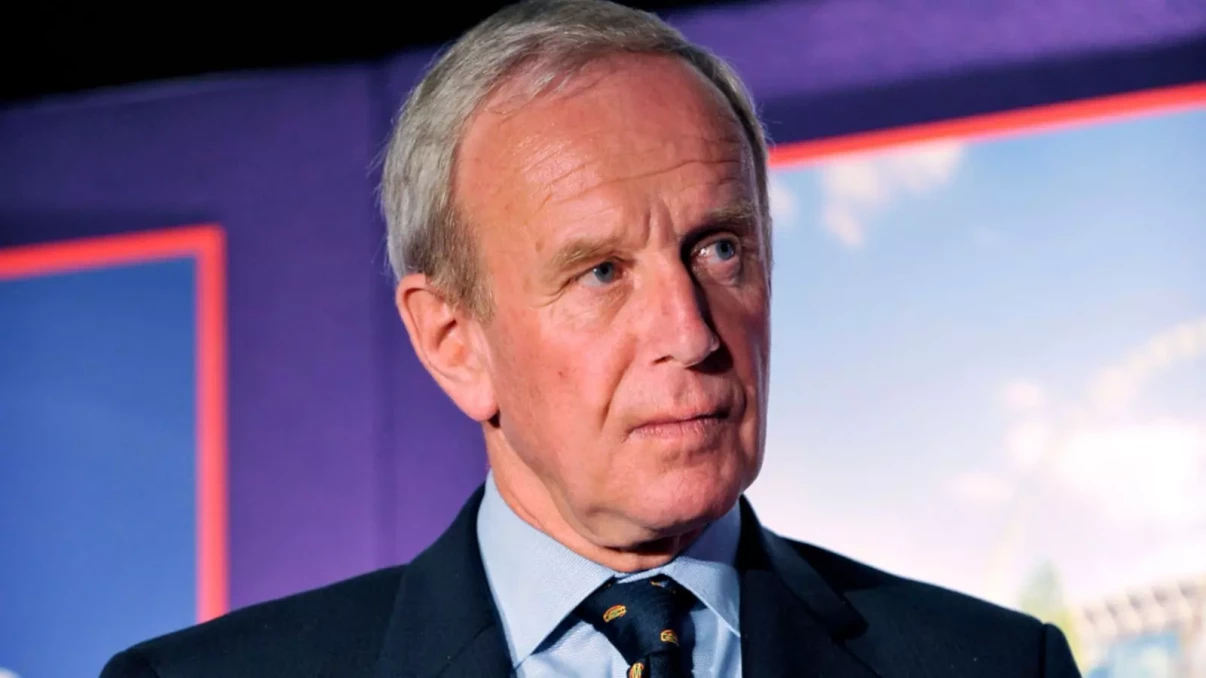England's most prolific Test spinner Derek Underwood dies at the age of 78
 By
SABC Sport
By
SABC Sport
15th April 2024

Derek Underwood, the most prolific spin bowler in England's Test history, has died at the age of 78, his former county Kent have announced.
Underwood, affectionately known as 'Deadly', claimed 297 scalps in 86 Test appearances for his country with his brisk left-arm spin, as well as another 32 in ODIs.
Known as a master of uncovered pitches, he first played for his country as a 21-year-old in 1966 and made his final appearance in 1982.
His record tally would have been even higher had it not been for his decision to play in Kerry Packer™s World Series Cricket and the first rebel tour of South Africa, but he still sits 42 wickets ahead of his nearest rival among spinners, Graeme Swann.
Kent chair Simon Phillip said in a statement: "The Kent Cricket family is in mourning following the passing of one of its greatest ever players.
"Derek was an outstanding contributor to both Kent and England, winning trophies for club and country and etching his name in the history books forevermore.
"Watching Derek weave his unique magic on a wet wicket was a privilege for all who were able to witness it. His induction into the ICC Hall of Fame shows the esteem in which he was held in world cricket.
"An advocate for growing our game worldwide whilst protecting our sport's rich heritage, Derek also made substantial contributions off the field as well as on it, and he will be sorely missed by everyone at Kent Cricket."
Quicker and flatter than the average slow left-armer - the first word of that descriptor always seemed out of place - he was renowned as a master manipulator of damp surfaces in the eras of uncovered pitches.
That puts him comfortably clear at the top of the England lineage - 42 ahead of the next best, Graeme Swann, and streets beyond significant figures like Tony Lock (174), Jim Laker (193) and Moeen Ali (204).
While Underwood's record tally was undoubtedly aided by the 'sticky dog' conditions which later disappeared from the game, he was several decades too early to cash in on the goldmine of DRS.
While Swann won 70 lbw decisions with technology on his side, Underwood earned just 24 in a time when batters could confidently use their pad as a first line of defence.
His impressive final haul, and the legacy that goes with it, would have been even more striking were it not for two self-imposed interruptions to his international career, first for joining Kerry Packer's World Series Cricket and later for his role in the first 'rebel tour' of South Africa.
The International Cricket Council's (ICC's) official rankings, applied retrospectively, now places Underwood as the world's number one Test bowler for almost four years between 1969-1973.
Among many highs, including 17 five-wicket hauls and six 10-wicket matches, he is most fondly remembered for a starring role in a classic Ashes finish at the Oval in 1968.
With a downpour threatening to preserve Australia's 2-1 series lead, members of the crowd helped with the mopping up work to allow Colin Cowdrey's side little more than half-an-hour to take the six wickets they needed for victory.
All eyes were on Underwood, who exploited a made-to-measure surface with a sequence of four wickets for six runs in 27 balls, wrapping things up with barely five minutes to spare and finishing with seven for 50.
In similar circumstances against Sussex five years later, he proved positively unplayable as he gorged himself with cartoonish figures of eight for nine.








